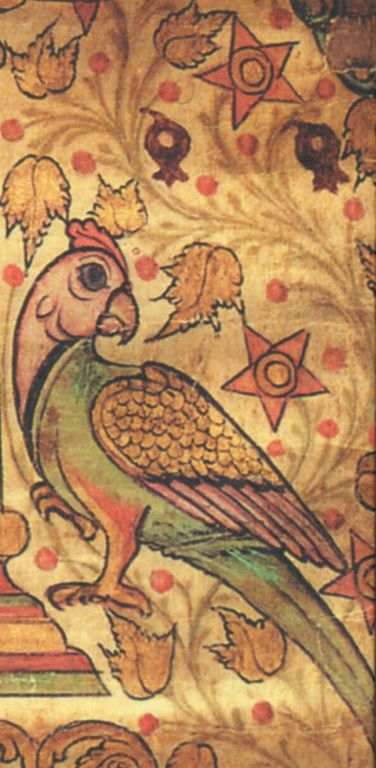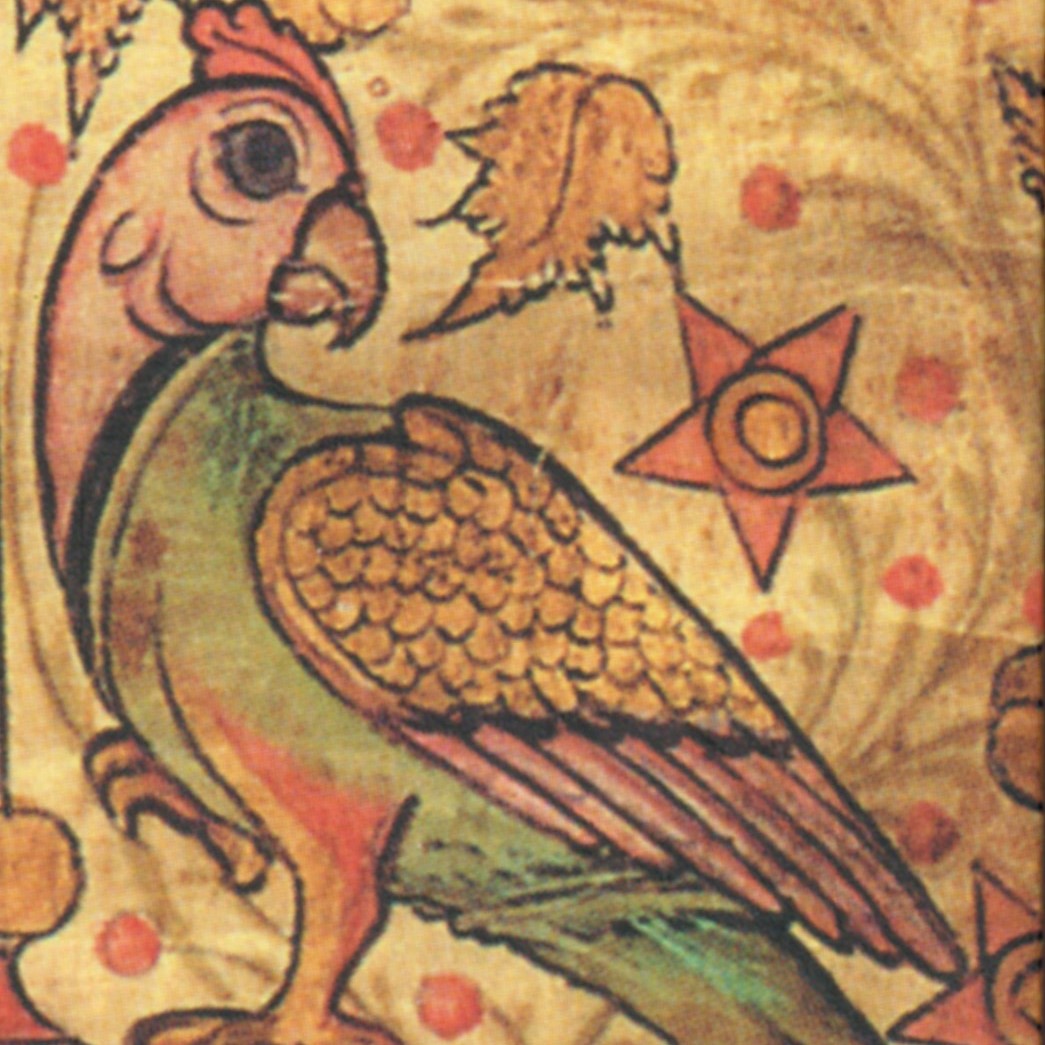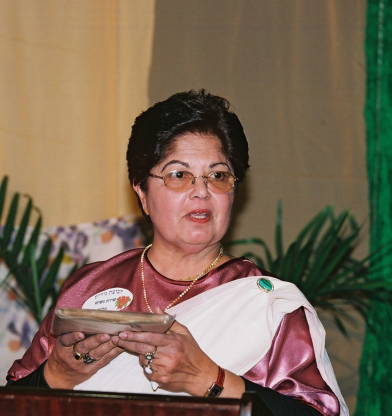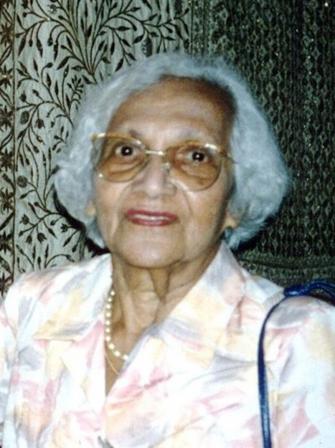2001
36. O Woman Dwelling in the Field
Simcha Yosef. Recorded at NSA studio, August 19, 2001. CD track 6; II-21.
Vayalil vasikkuṃ strīye (x2)
Hīnna kuḍikaḷ iḍayil (x2)
Kaṟměl mukaḷil nilkkāṃ—bāśān paṟvataṃ nokkāṃ (x2)
1. O woman dwelling in the field, (x2)
Dwelling there amidst the lowly huts, (x2)
If you stand atop Mount Carmel, from there you can look at Bashan. (x2)2. A garden like the purest gold, (x2)
O beautiful woman—behold! (x2)
Look out and see the garden fair; see all the flowers blooming there. (x2)3. O young maiden full of charm, (x2)
Why did you ever leave that place? (x2)
You can eat from the garden of Yokshan; you can eat the finest fruits of Dishan. (x2)4. Come back to the garden—come with me! (x2)
There its finest fruits we will eat. (x2)
The one who finds favor in your eyes—with him you can lie down and sleep. (x2)5. O woman dwelling in the field!
O woman dwelling in the field!
This is a Malayalam version of Shokhant baSadeh (’Areshet 1980, 392), a Hebrew piyyut by the eleventh-century Spanish poet Solomon Ibn Gabirol (1021–1058). Traditionally interpreted as an allegory of the relationship between God and the exiled Jewish people, it is performed as a wedding song in widespread Sephardic communities. In Kerala it might be sung for any festive occasion but was especially popular for parties associated with weddings, where its romantic innuendos were enjoyed.
The medieval Hebrew piyyut is imaginatively located in biblical geography, evoking an image of cultivated fields in the level land between Mount Carmel near the coast and the mountainous region of Bashan (now the Golan Heights). In a striking cultural transformation, the Malayalam version recorded and translated here opens with the image of a woman dwelling between Carmel and Bashan in a paddy field of rice, amidst the lowly huts of the laborers who toil there. The garden described in the original Hebrew version as “plundered” and in the Kerala Hebrew version as “secret”[1] becomes in Malayalam a “garden like the purest gold”— heightening its allure. Whereas the Hebrew versions can be interpreted as a male-female dialogue, the entire Malayalam song is in the voice of a man beseeching the lovely woman to return with him to the garden—charmingly illustrated in Ruby Daniel’s anecdote about a Paradesi man who held out a hand to his wife at the conclusion of one party and sang suggestively in Malayalam, “Come back to the garden—come with me!”
Variants of this popular song are found in at least thirteen notebooks from Ernakulam, Parur, and all three Kochi communities. Its composition was attributed to Eliyahu Japheth (d. 1935) by his daughter Dolly Japheth and granddaughter Ruby Daniel (personal conversation 1981).
_____________________________
[1] With the change of just one consonant, as noted by Gamliel (2005, 206).







